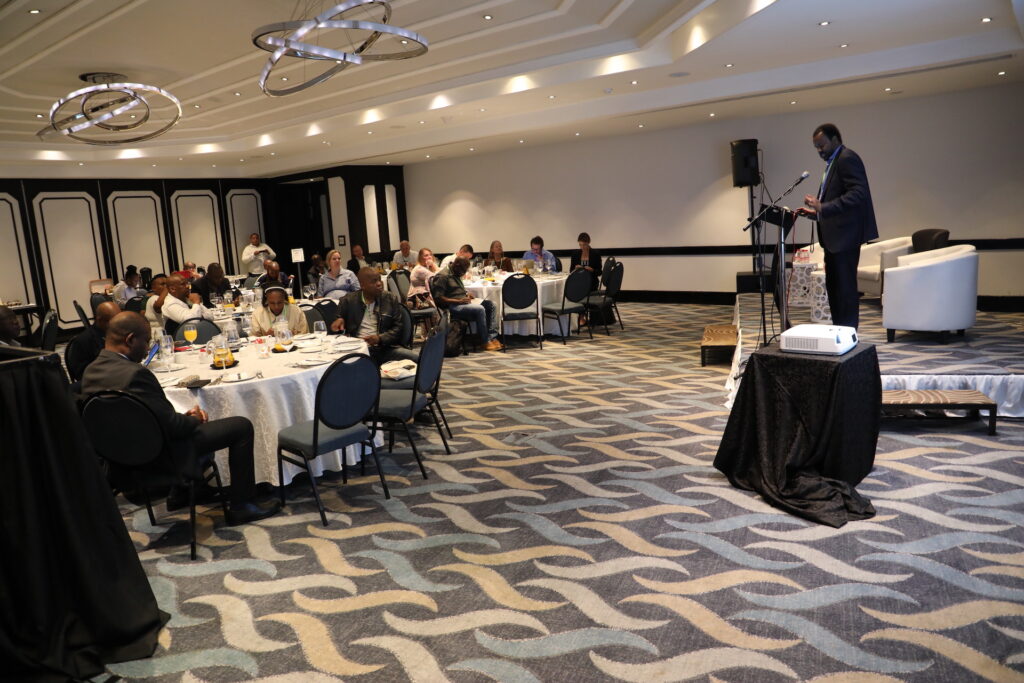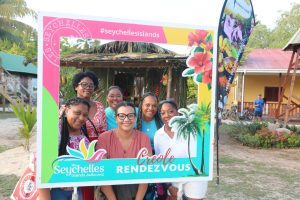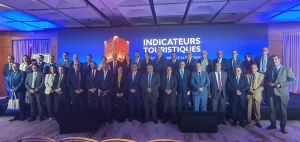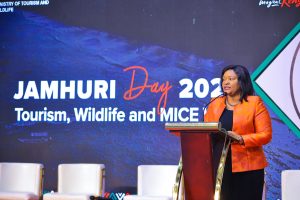The Southern African Development Community (SADC) Secretariat reports steady progress in implementing the SADC Tourism Programme 2020-2030, at an event hosted alongside the Africa’s Travel Indaba in Durban.
The Programme serves as a strategic roadmap for developing a sustainable tourism industry within the SADC region, focusing on removing barriers to growth, promoting economic inclusion and transformation, and maximising partnerships through a whole-of-government approach.
Five core strategic goals guide the Secretariat’s initiatives, which include stimulating visitor movement within the region, improving the region’s tourism reputation, developing tourism in Transfrontier Conservation Areas (TFCAs), enhancing visitor experiences, and fostering tourism partnerships and collaboration.
Says Mr Moreri Mabote, Senior Programme Officer – Tourism at SADC Secretariat: “The successful completion of our tourism programmes is crucial for nurturing a sustainable and thriving tourism industry in the region, contributing to socio-economic development and enhancing our global competitiveness. We are pleased to share an overview of the key initiatives that have been completed or are underway, demonstrating the progress made in achieving the Programme’s strategic goals.”
Key Initiatives
• Creation of SADC Tourism Working Groups (TWGs) for programme support.
• SADC Univisa development for seamless regional visitor movement.
• SADC Tourism Private Sector Platform for increased private sector engagement.
• SADC Air Access Study to boost regional tourism potential.
• Increased visibility of SADC TFCAs through Boundless Southern Africa initiatives.
• Tourism Crisis Communication and Disaster Management strategy development.
• Customer Service Training for Immigration Officers and SADC Border Post staff.
Development of tourism marketing collateral and videos.
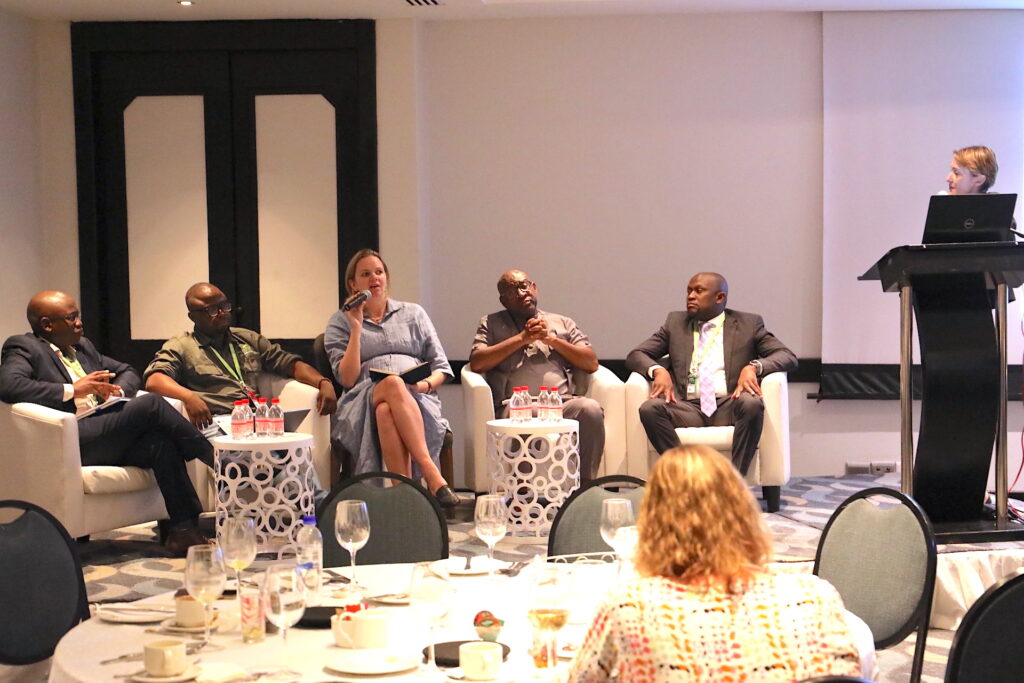
SADC Tourism Working Groups
The importance of a robust institutional framework for the effective execution of initiatives is emphasised in the SADC Tourism Programme 2020-2030. An essential element of this framework is the creation of all-inclusive stakeholder forums called SADC Tourism Working Groups (TWGs), which are aligned with the principles and objectives of the Programme, including regional integration, capacity development, and enhancing visitor experience.
The SADC member states have identified three TWGs, each comprising representatives from the public, private, and community-based sectors. Through these TWGs, stakeholders in the SADC region can communicate and collaborate, guaranteeing successful implementation of tourism initiatives, and promoting a thriving and sustainable tourism industry.
SADC Univisa
The SADC Tourism Programme identifies the harmonisation of tourism policies and regulations among SADC Member States as another vital initiative. By promoting the standardisation of policies, the Programme seeks to create a more unified and appealing tourism environment in the region, enabling hassle-free travel and fostering cross-border collaboration.
A significant aspect of the SADC Tourism Programme is the SADC Univisa, which aims to simplify visa processes and streamline visitor movement within the region. By doing so, it encourages cross-border tourism, economic growth, and an enhanced visitor experience.
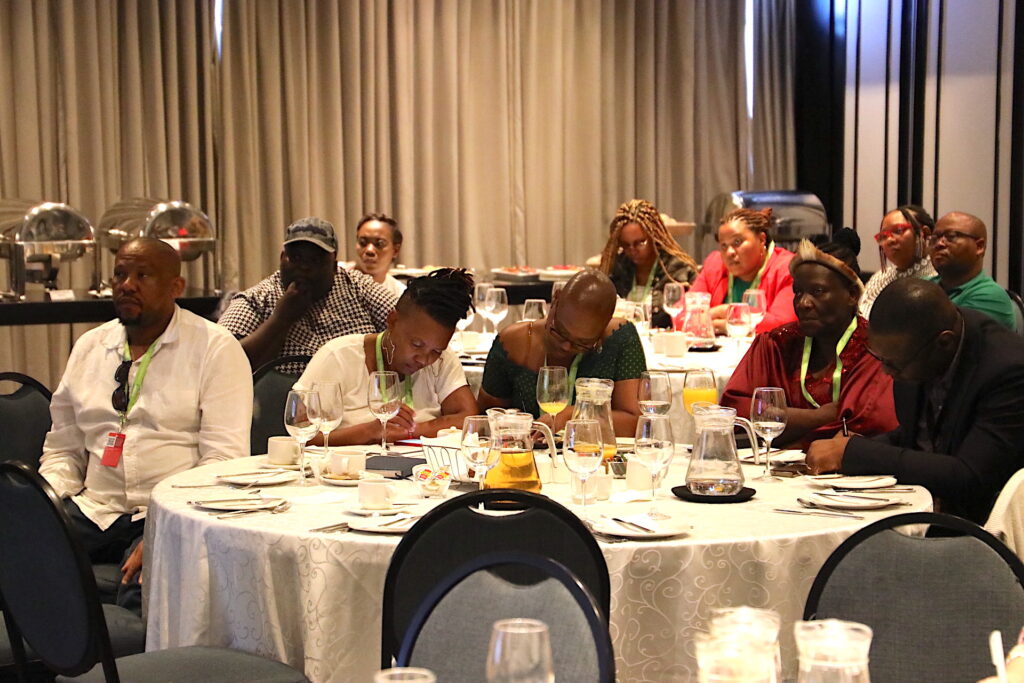
The SADC Univisa project is being piloted by five member states, namely Angola, Mozambique, Namibia, South Africa, and Zimbabwe. The project is making good progress, and a mission to assess visa technologies and processes has recently been carried out in these member states. The results of this assessment were then validated at a workshop attended by senior immigration and ICT officials in August 2022. Proposals on a legal framework and revenue sharing models are currently being by participating member states.
SADC Tourism Private Sector Platform
In recognition of the need to improve private-sector involvement in regional tourism, the SADC Business Council was given a mandate to establish the SADC Tourism Private Sector Platform.
This private-sector platform was developed as part of the SADC Regional Indicative Strategic Development Platform, after a series of tourism private-sector consultative workshops were held in 2022.
The workshops culminated in a meeting with representatives from 11 Member States Tourism Apex Associations, during which the platform’s constitution and mandate were agreed upon, and an interim board was elected. The interim board comprises a chair (CEO of South Africa’s TBCSA CEO) and two vice chairs (CEO of Namibia’s FENATA and CEO of Zimbabwe’s TBCZ).
The SADC Tourism Private Sector Platform aims to develop advocacy programmes for private sector stakeholders in the region.
It also focuses on critical areas such as promoting regional tourism interests, identifying challenges, ensuring seamless travel experiences, exchanging best practices, harmonising cross-border travel regulations, and facilitating seamless regional travel through improvements in air access, among other priorities.
SADC Air Access Study to Unlock the region’s tourism potential
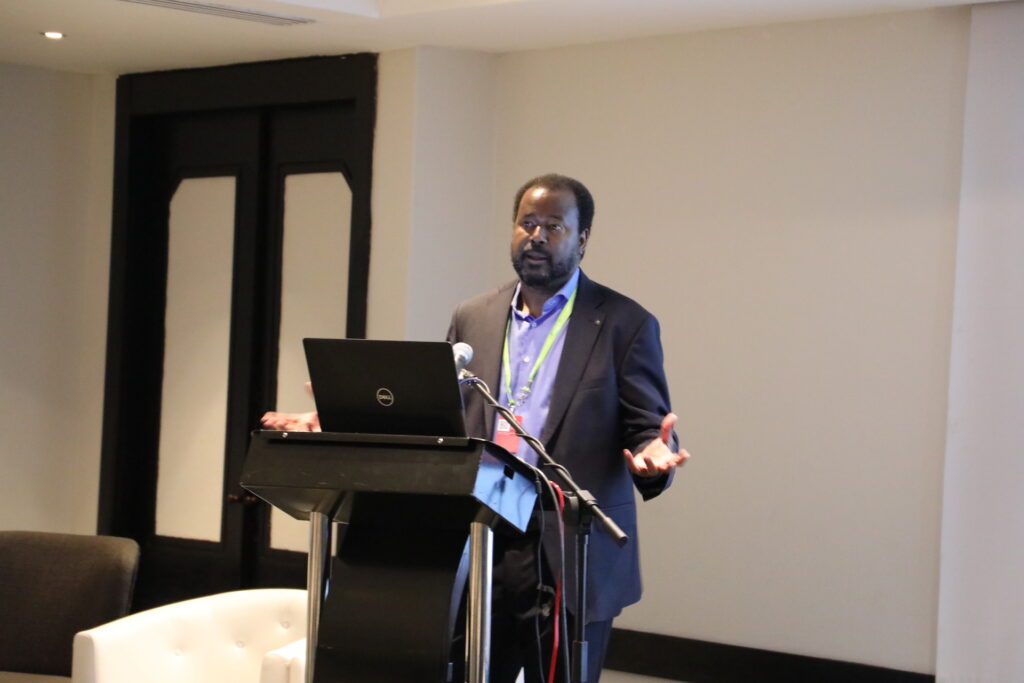
Improved air access is a vital element for seamless travel and economic growth in the region, forming a solid foundation for sustainable tourism development.
The SADC Air Access Study, aimed at improving air connectivity in the region, is currently working in tandem with a similar COMESA study.
By merging the efforts of SADC and COMESA and involving the private sector, the SADC Air Access Study aims to create a firm foundation for sustainable tourism development in the region.
Boundless Southern Africa
The SADC Tourism Programme aims to market the region as a sought-after tourism destination, with Boundless Southern Africa playing a significant role in driving this objective. Boundless Southern Africa, established in 2009, has been involved in several marketing activities to promote Transfrontier Conservation Areas (TFCAs) with tourism-ready products.
Some key marketing initiatives include:
• Development of tourism brochures and branding for TFCAs (e.g.: Greater Mapungubwe TFCA, Malawi-Zambia TFCA, Lubombo TFCA).
• Production of videos for four TFCAs (for stakeholder engagement, fundraising, and marketing).
• Online training platforms, press trips, and tour operator familiarisation trips to promote specific TFCAs (e.g.: Great Limpopo Transfrontier Park, Maloti Drakensberg TFCA).
• Social media marketing campaigns for TFCAs (e.g.: Great Limpopo Transfrontier Park, Lubombo TFCA and Maloti Drakensberg TFCA).
• Participation in international travel trade shows (WTM, Indaba, ITB) to showcase the region.
Further Initiatives Underway
The SADC Tourism Programme is further developing a Crisis Communication and Disaster Management strategy and Tourism-Focused Customer Service Training Programme for Immigration Officers and SADC Border Posts personnel. These initiatives aim to promote regional integration, capacity building, and enhanced visitor experiences, aligning with the Programme’s principles and goals.
The commitment of regional stakeholders to fostering a thriving and sustainable tourism industry is evident in the progress of the SADC Tourism Programme, adds Mr. Mabote.
“Through collaborative efforts with such partners as the German Federal Ministry for Economic Cooperation and Development (BMZ), implemented through GIZ, we are building on the continued success of the Programme and addressing some of the key challenges affecting regional tourism development so that we achieve our vision of a vibrant tourism industry that drives sustainable and inclusive growth to benefit local communities and visitors alike,” Mr. Mabote concludes.


